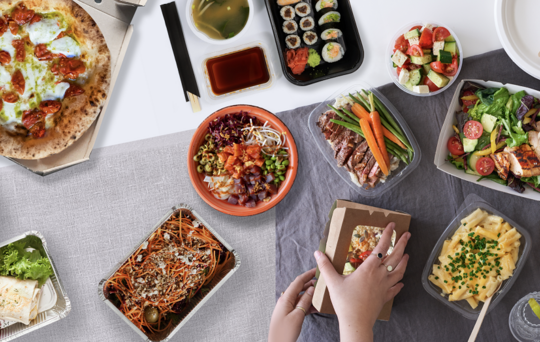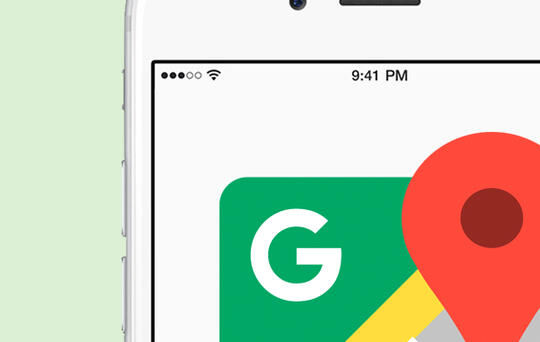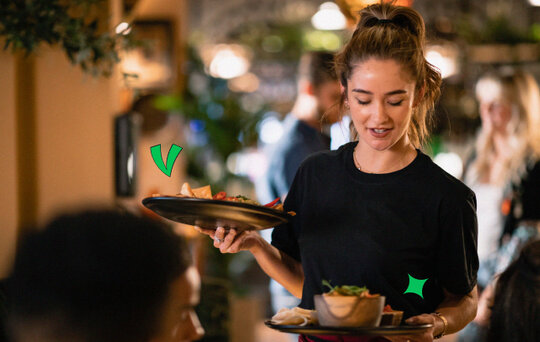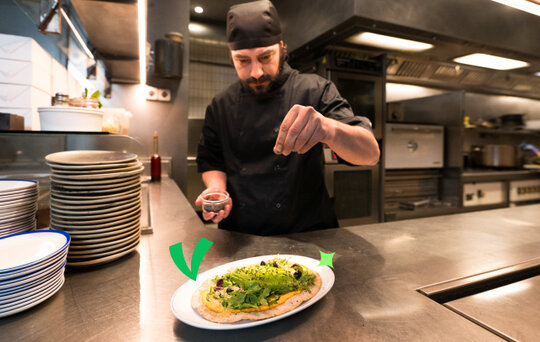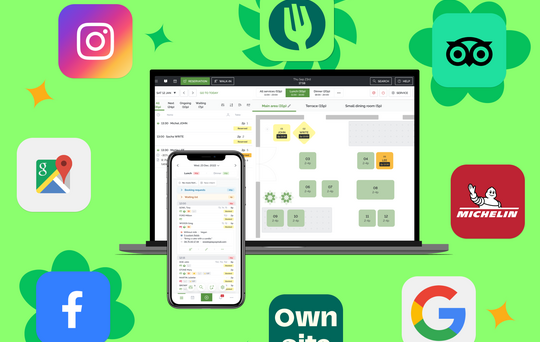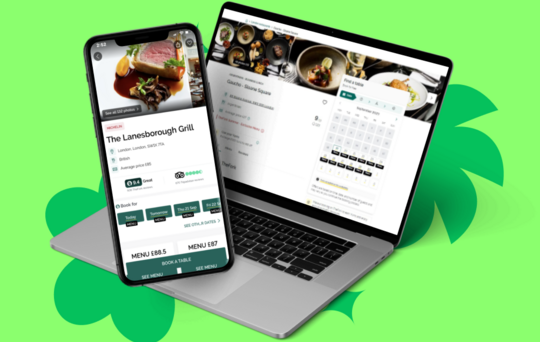Restaurant SEO, Google My Business, local keywords and user-generated content
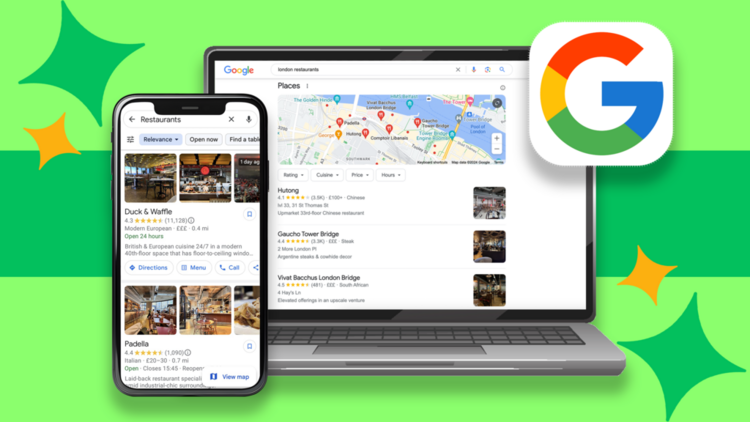
Effective use of restaurant SEO and social media has the potential to transform your restaurant business overnight. Your restaurant’s digital presence has never been more important. Even if customer journeys start offline, most potential diners will visit your restaurant’s social media profiles or website during the consideration process. But how can you improve your restaurant’s discoverability and visibility online?
Our short guide delves into strategic approaches you can take to organically bolster your restaurant's SEO and social media visibility to drive more traffic to your website —without resorting to paid advertising or expensive media campaigns.
Optimise your Google My Business profile for restaurant local SEO
Recently renamed as Google Business Profile, this feature allows business owners to improve the ways they reach customers on both Google Search and Google Maps – crucial for reaching high-intent users who are actively searching for nearby places to eat!
A well-optimised Google Business Profile centres around one principle: accuracy. Ensure your Google My Business profile has complete data for your restaurant, including the physical address, contact phone number, website, business category, and up-to-date opening hours. Photos are important too—not only do they enhance the user experience, but Google considers the quality and recency of photos when deciding how to rank your restaurant. Be sure to include images of both the restaurant and the food, and update your photos every couple of months.
Google also takes note of how you handle reviews on your restaurant’s profile listing. Frequently responding to reviews shows that you value your customers and their feedback. Of course, it goes without saying that high-quality and positive reviews from your diners can improve your restaurant’s visibility and increase the likelihood that a customer will book a table with you.
Technical SEO for restaurants
Your restaurant website is often an important part of a customer’s online journey when researching and considering where to dine. Your website should be mobile-friendly, fast-loading, and easy to navigate – otherwise, you might see a large proportion of visitors “bouncing” when they can’t find the information they’re looking for, or if your page load-times are too slow.
Make sure essential pages—such as your updated menu, pricing, opening hours, and booking options—are easily accessible to users. Use analytics software to examine common user journeys and behaviour on your site. Is there a specific page where most visitors drop off? Which pages do potential customers visit first and most often? This information can provide valuable insights into areas where your website may need improvements to boost booking rates and enhance your ranking on Google search platforms.
Try TheFork Manager today
Keywords for local SEO for restaurant businesses
With 46% of all Google searches focused on local information, not optimising your restaurant pages for local search means you could be missing out on customers looking to dine nearby. Incorporating location-based keywords into your website content and meta descriptions can help your restaurant stand out in local searches.
The key to ranking for SEO keywords for restaurants is to stay specific. Aiming for the top spot with broad terms like “London restaurant” is often too ambitious and unrealistic given the amount of competition. Instead, focus on more targeted, relevant keywords like “Indian restaurant in Dalston”, “gourmet food Borough”, or “best burger places Tooting”. This approach will help you appear in relevant searches for Google search and Google Maps users actively looking for their next meal nearby.
User-generated content for restaurants
Word-of-mouth marketing has never been more powerful—or more complex. Social media means that every diner becomes a content creator, sharing their experience with a personal audience that could range from close friends to a wider following.
Almost 40% of consumers now turn to TikTok for information, with the platform becoming especially popular with Millennial and Gen Z audiences, who are increasingly choosing it over Google for their online search journeys. Hashtags like “#londonrestaurant” have racked up hundreds of millions of views, catching the attention of mainstream media outlets as well.
Google isn’t the only search engine you need to consider. User-generated content plays a crucial role here, as personal anecdotes and reviews are among the most popular content types on platforms like TikTok and Instagram. It’s vital to ensure that your restaurant—whether it’s the food, the interior décor, a particular event, or a unique selling point—is being talked about and shared across the relevant areas of Instagram, TikTok, and other social media. This strategy is essential for maintaining online visibility and ensuring you’re a step ahead of local competitors.
Encourage your patrons to share their dining experiences on social media and tag your restaurant. Reposting this user-generated content not only fosters a sense of community but also boosts your social media presence. Consider advertising discounts and running giveaway competitions on social media to attract influencers or those with a platform, and offer incentives for posting about your restaurant, like free drinks or side dishes.
By implementing these changes and focusing on their online presence, restaurants can enhance their digital visibility across multiple channels, driving more traffic to their website or booking listings, ultimately increasing footfall. For those looking to further streamline their operations and digital marketing efforts, exploring B2B software solutions for automating booking systems can offer additional advantages and work hand-in-hand with a strong digital strategy.
TheFork Manager not only helps you manage reservations effortlessly but also integrates seamlessly with seo marketing for restaurants, allowing you to showcase special promotions and user-generated content directly on your page. This comprehensive tool empowers you to optimise your online presence and make data-driven decisions to attract more hungry guests. To discover how TheFork Manager can revolutionise your restaurant's operations, get in touch with our team today.




